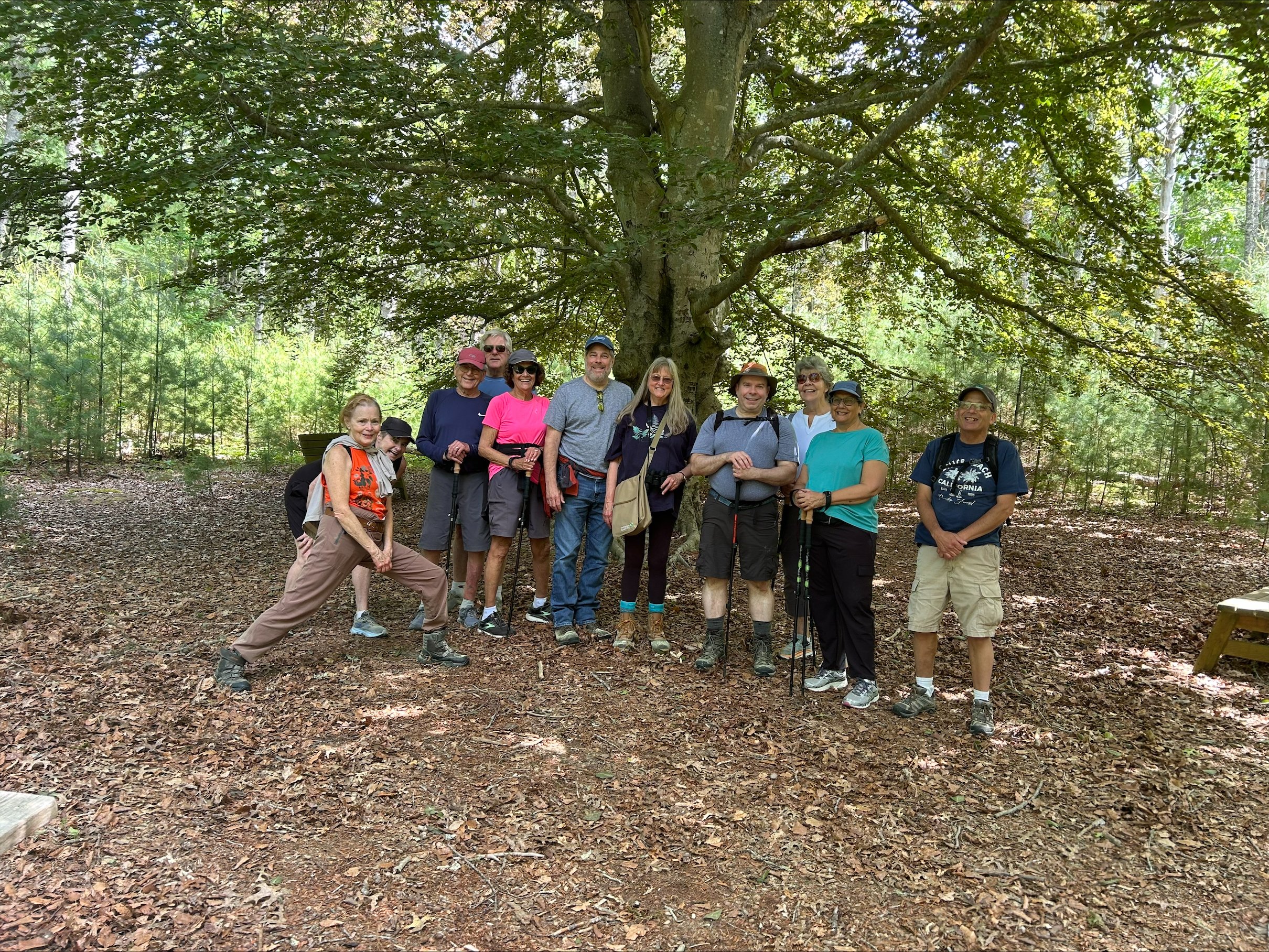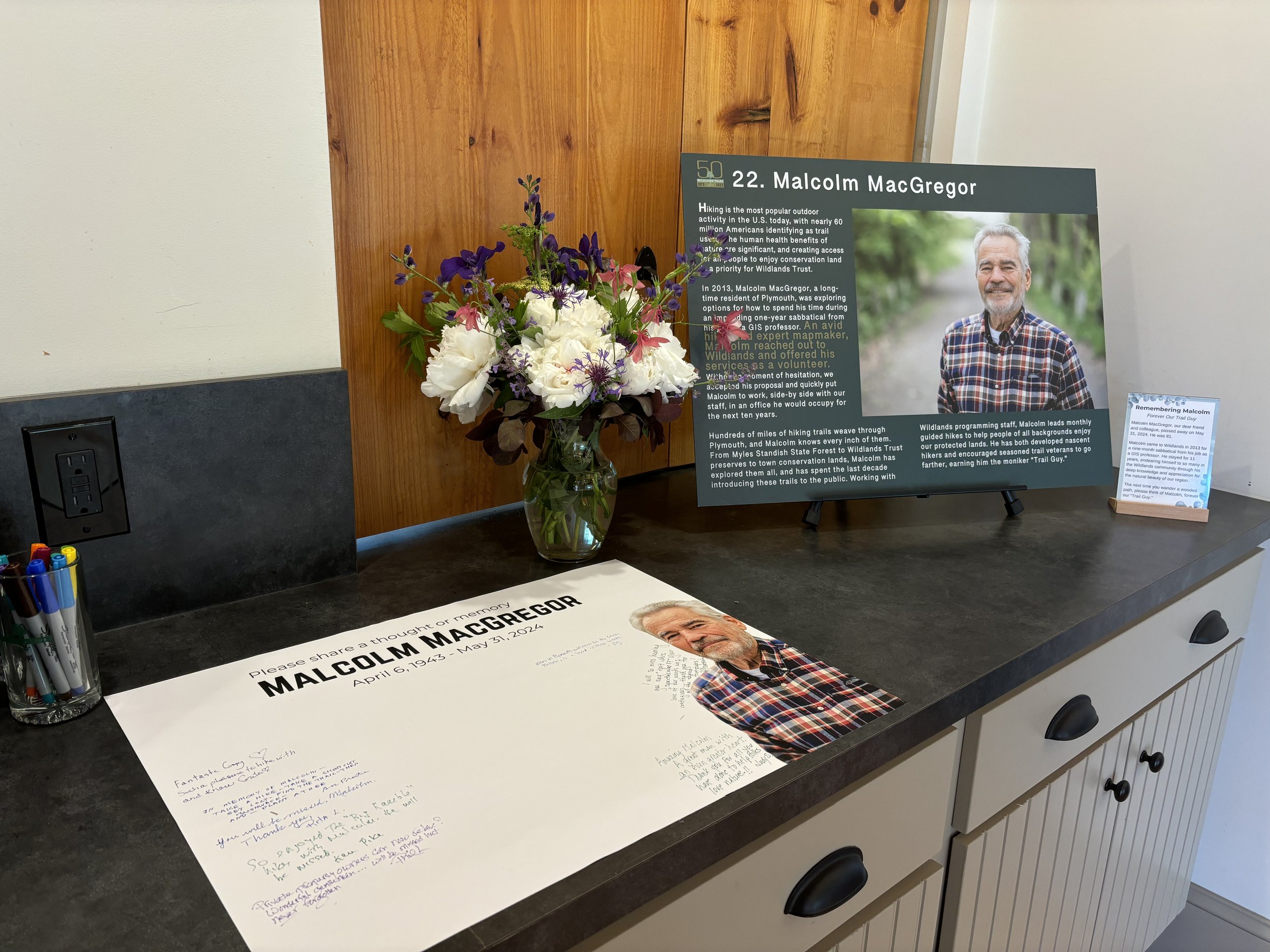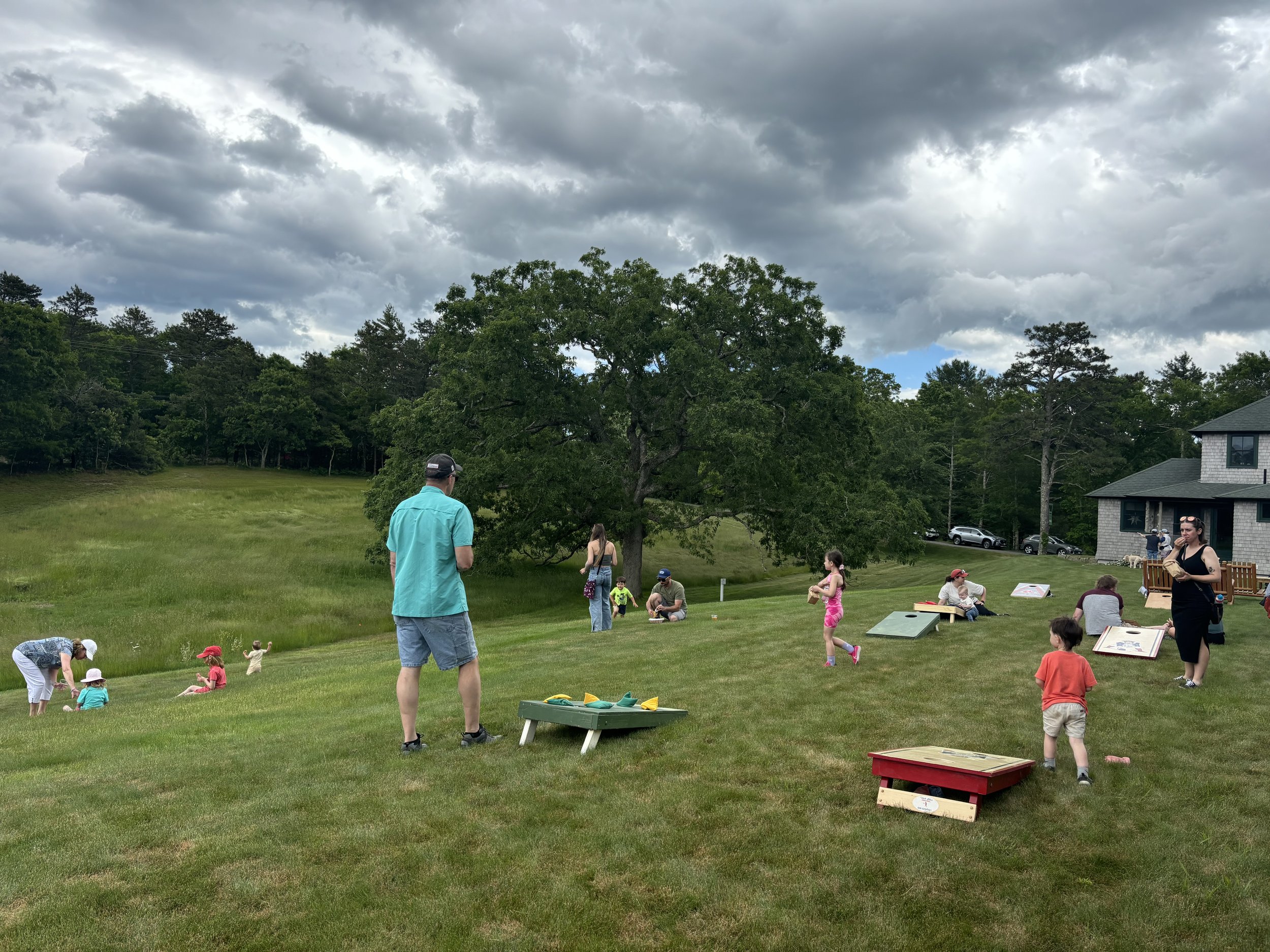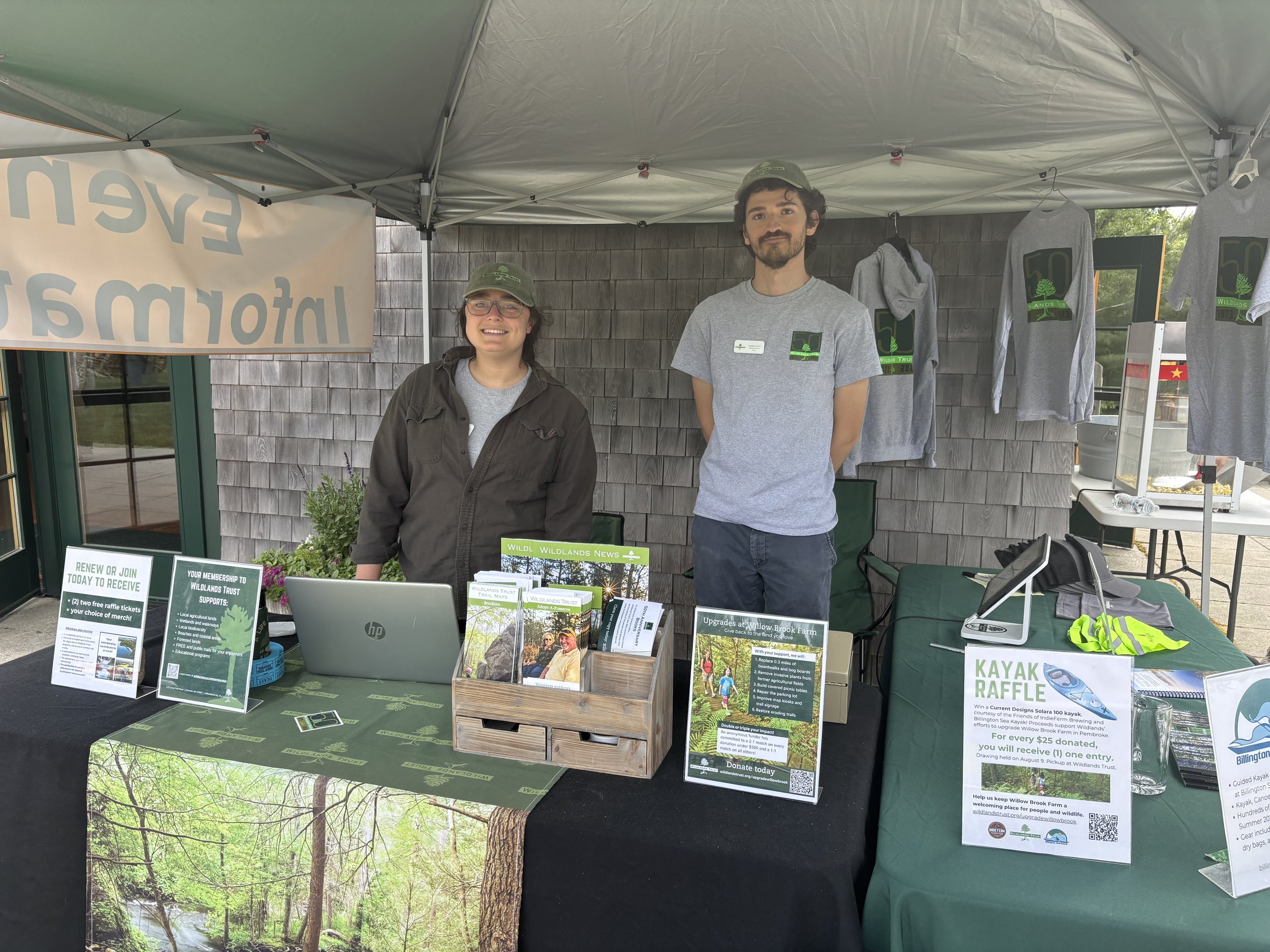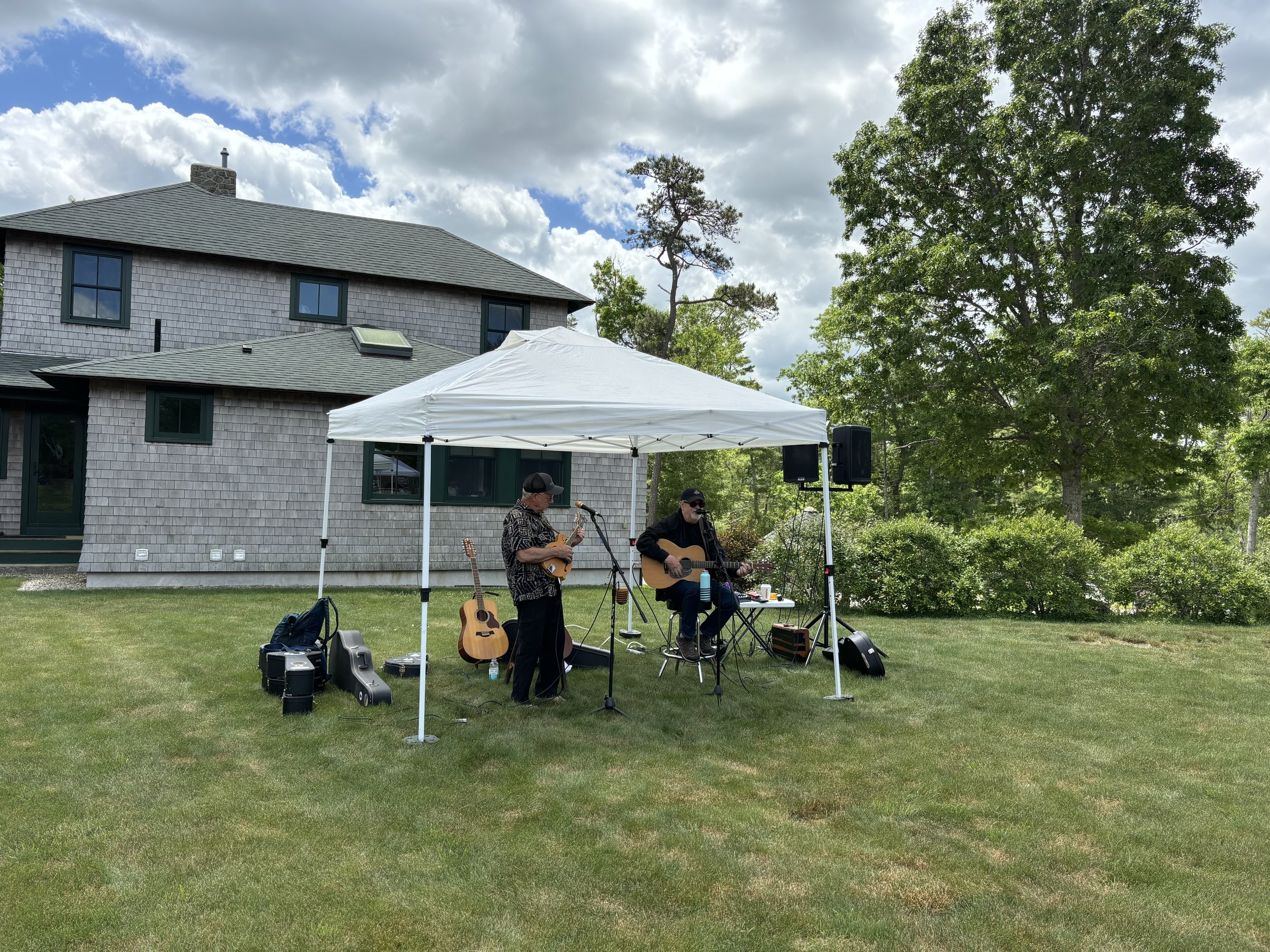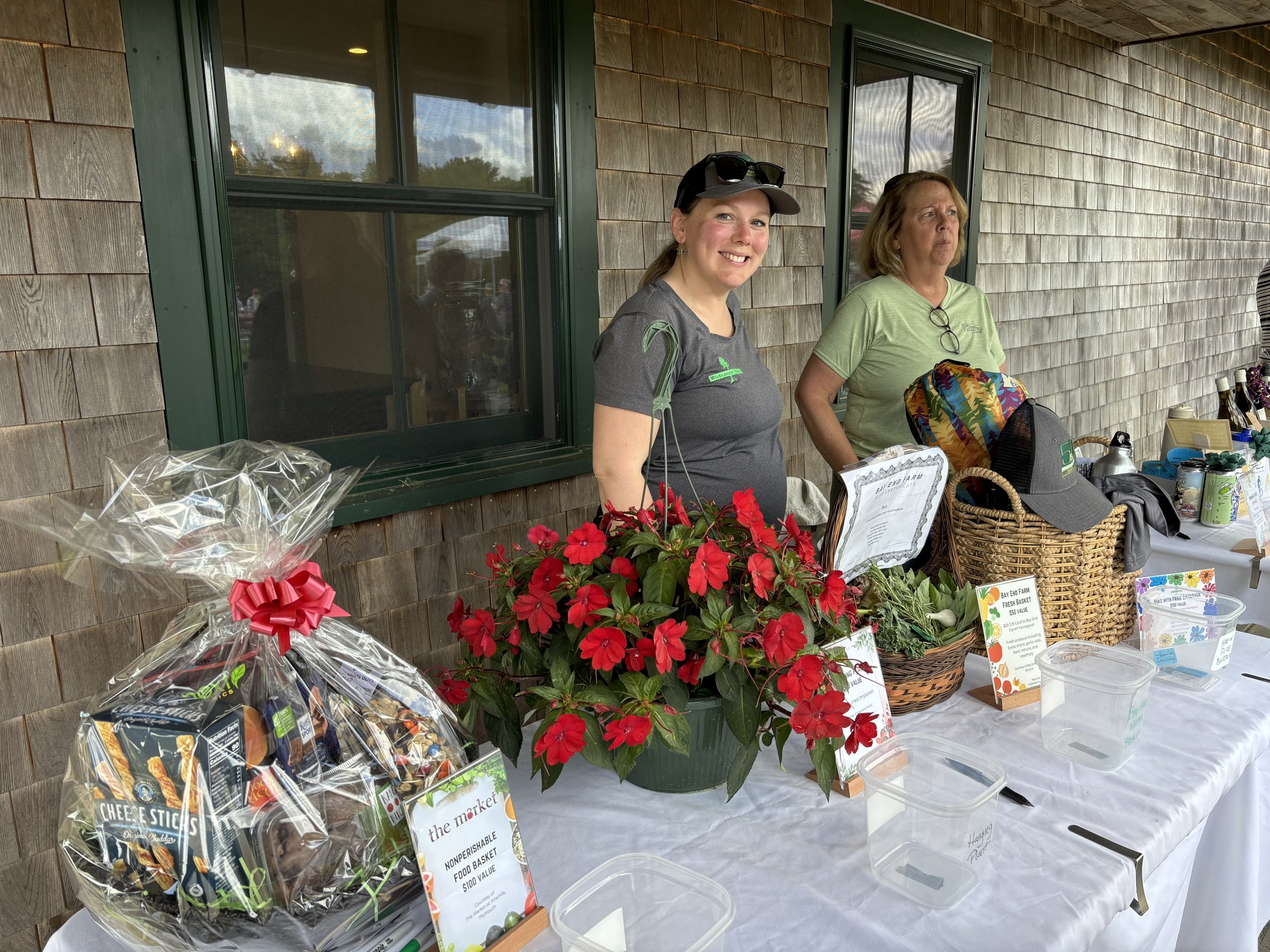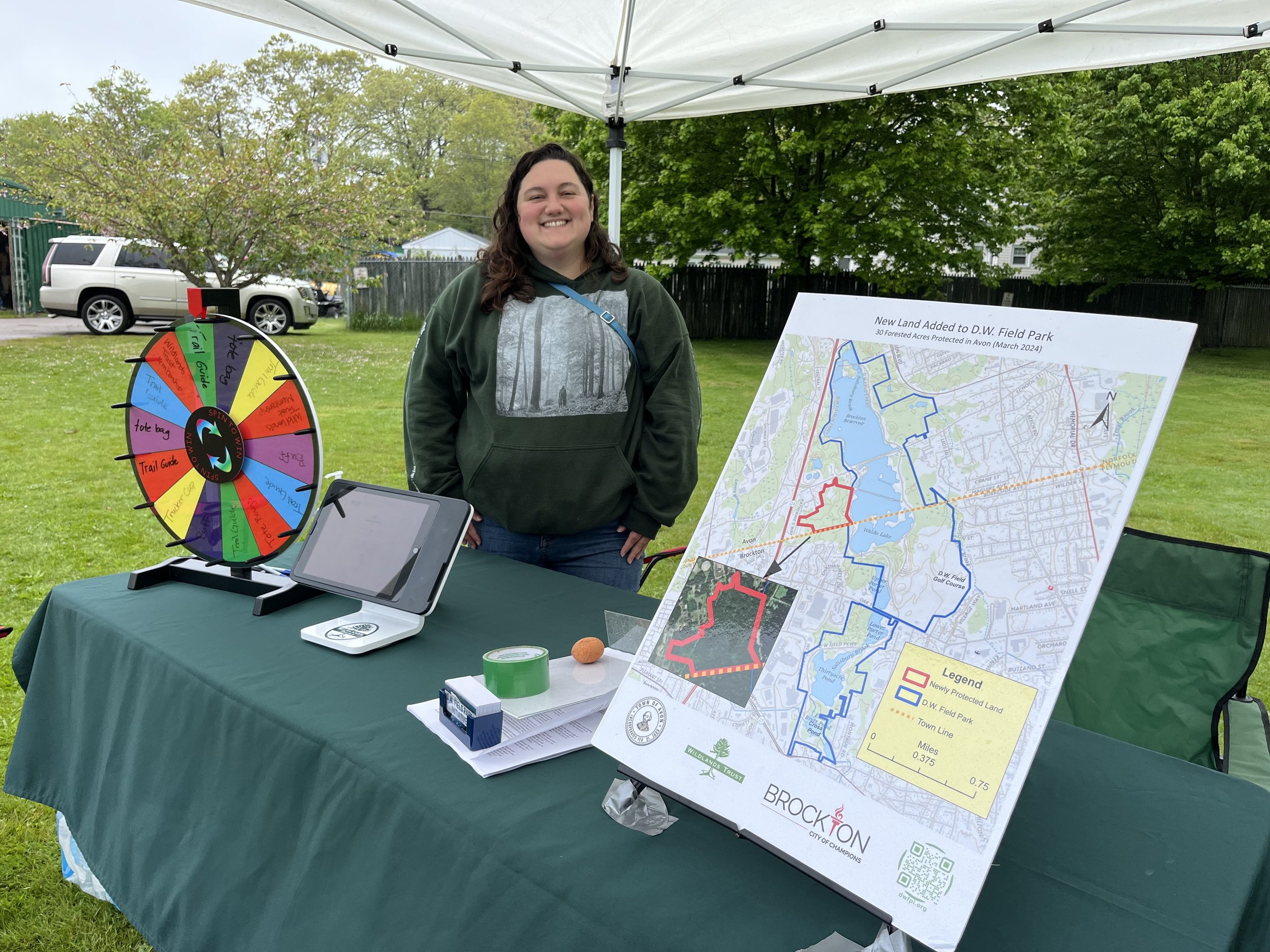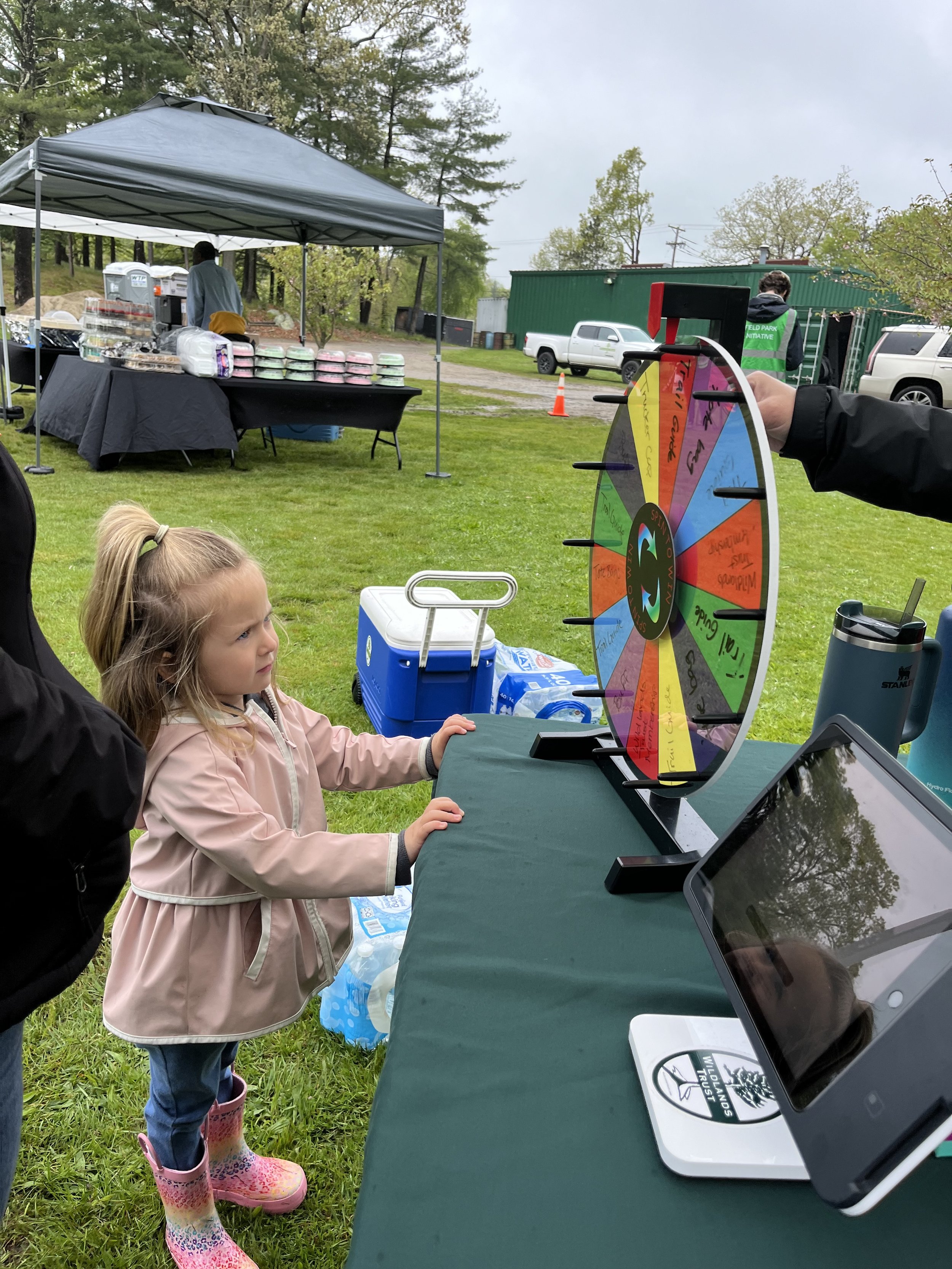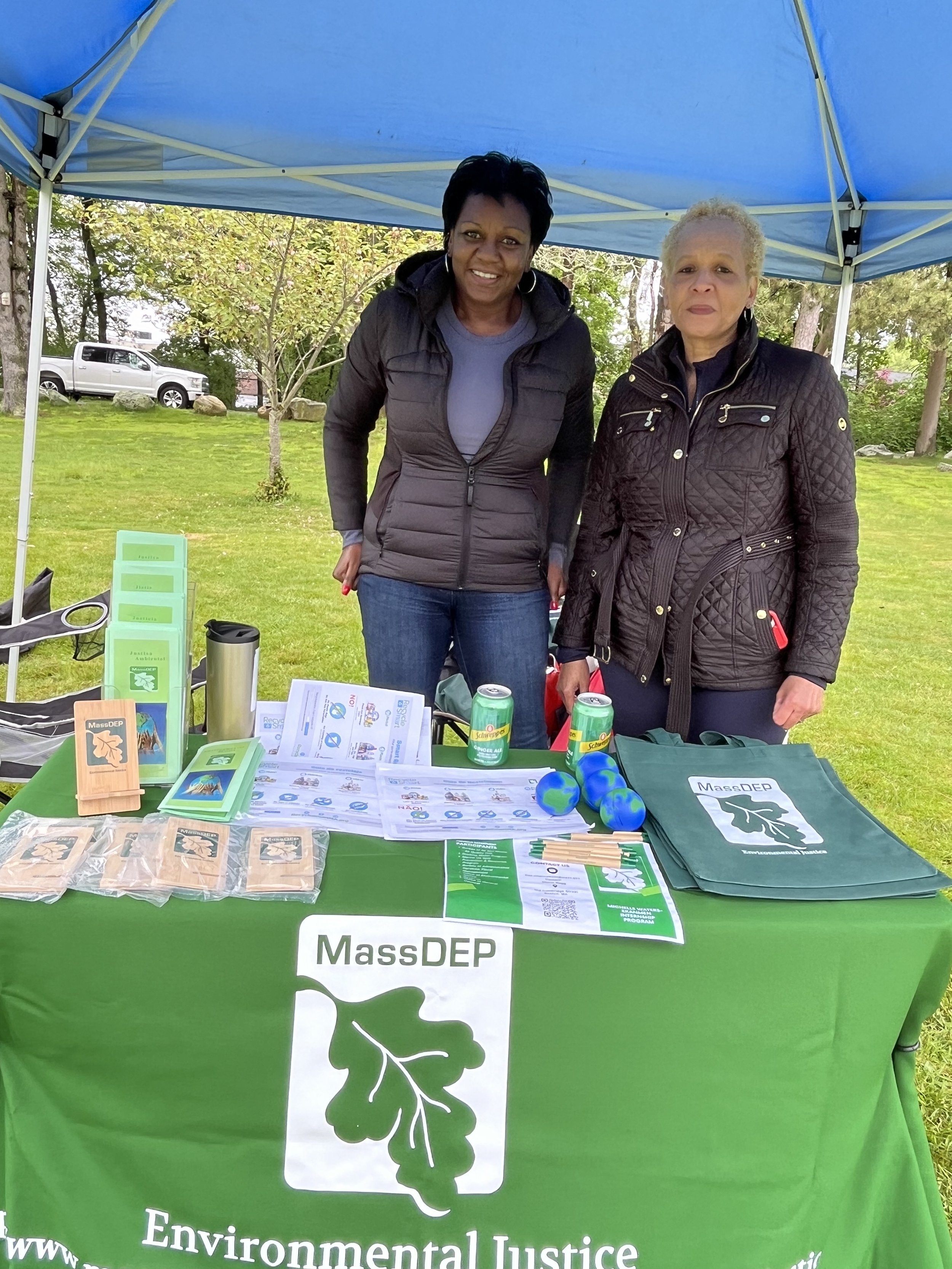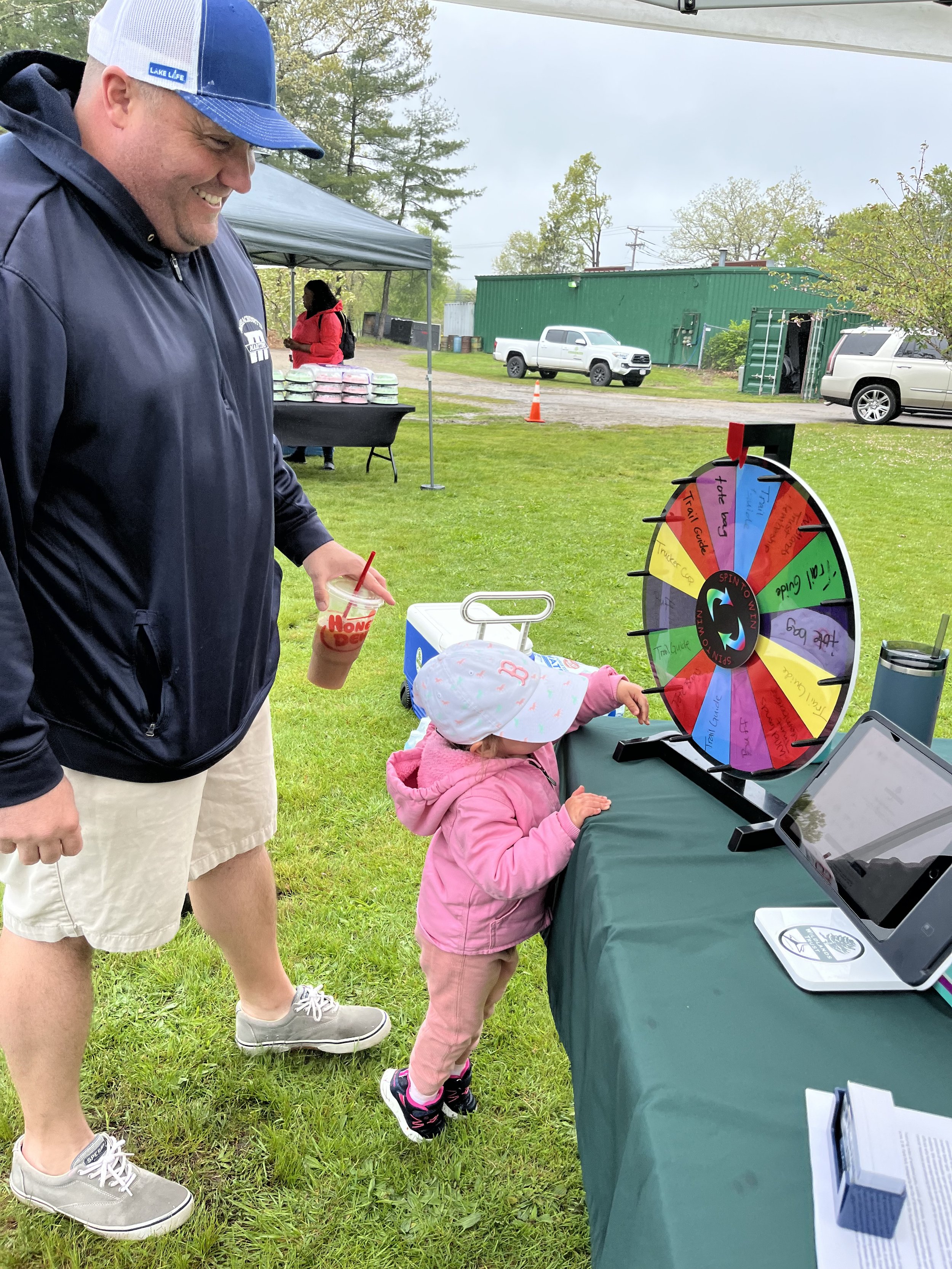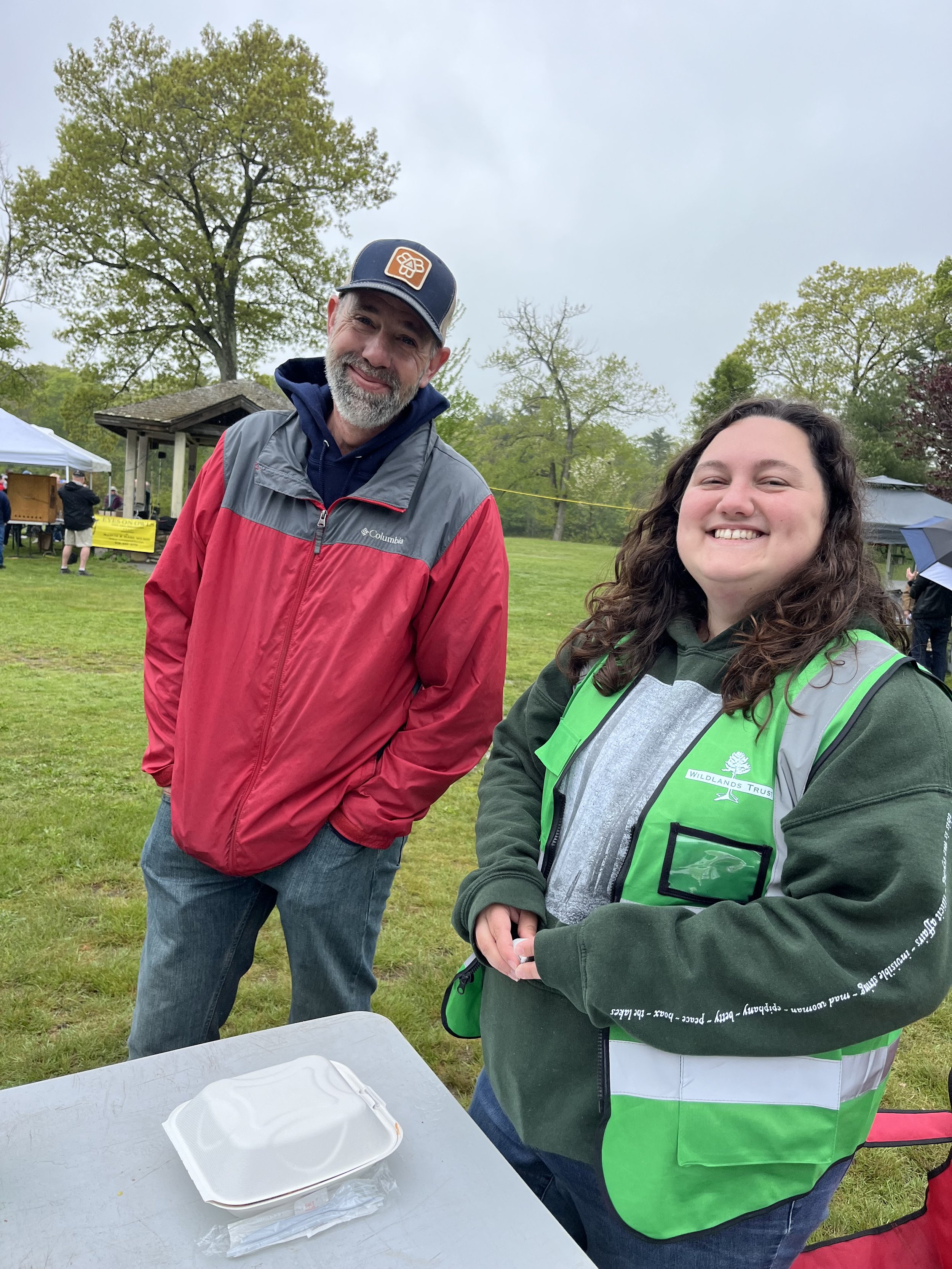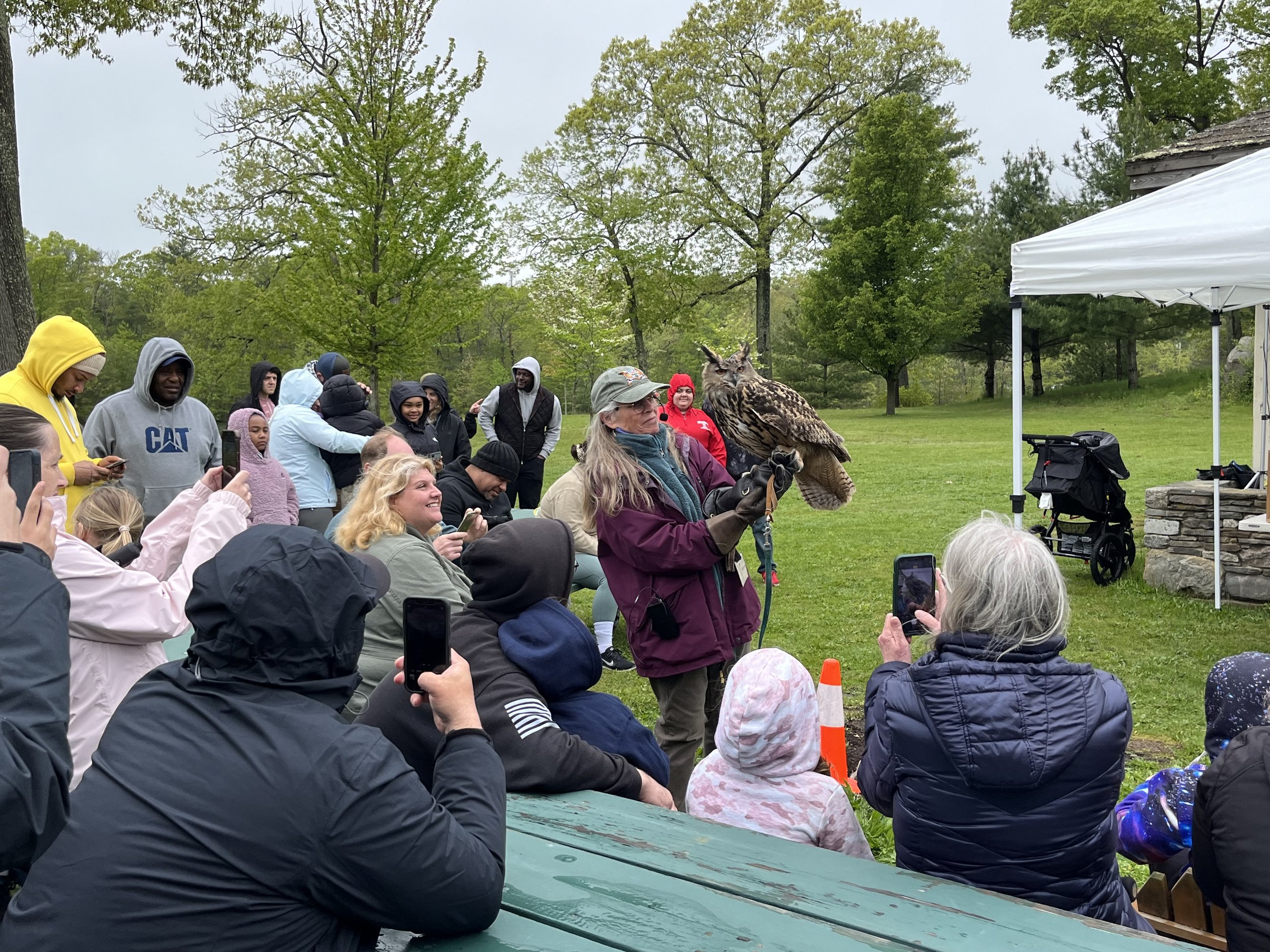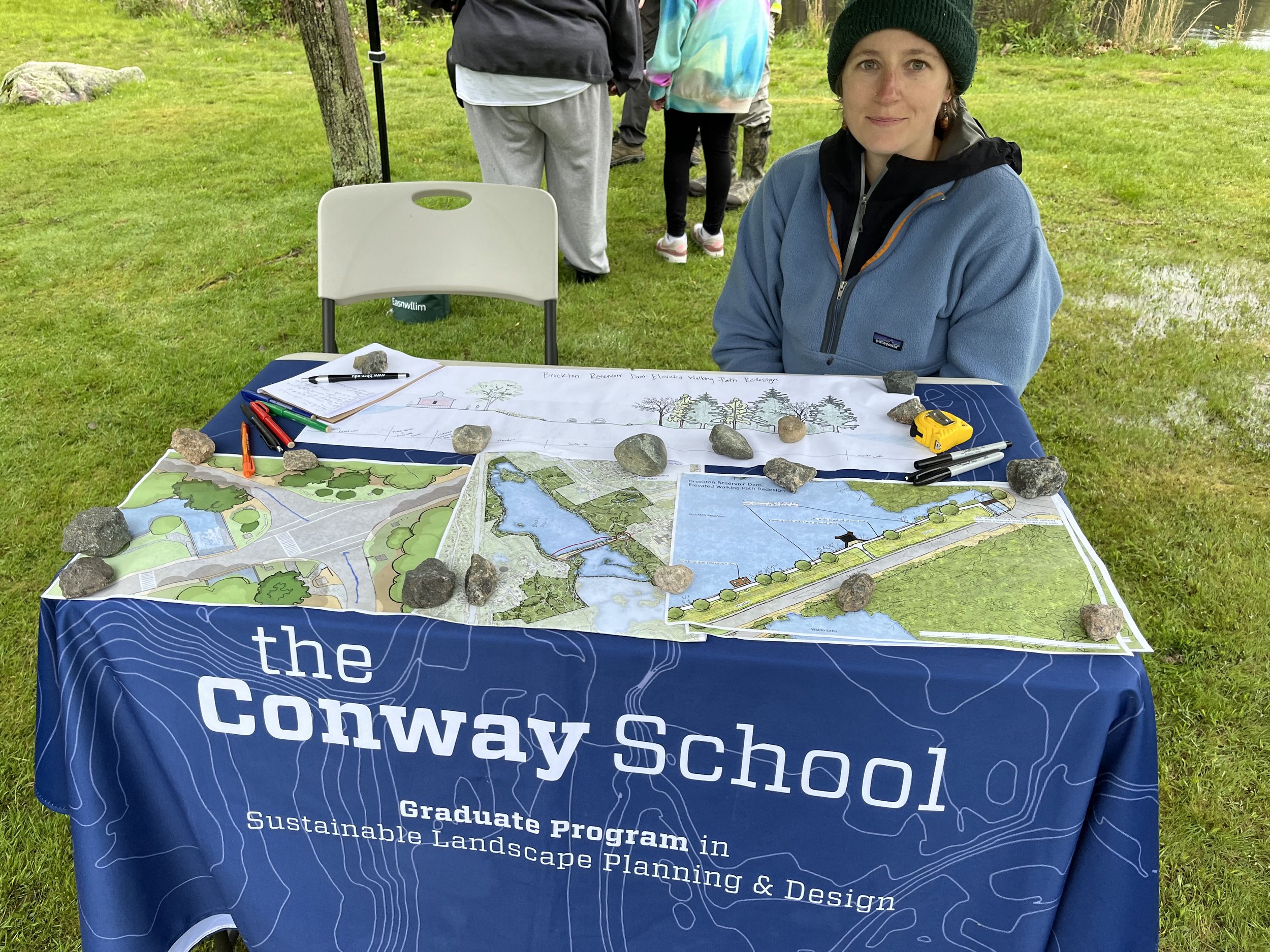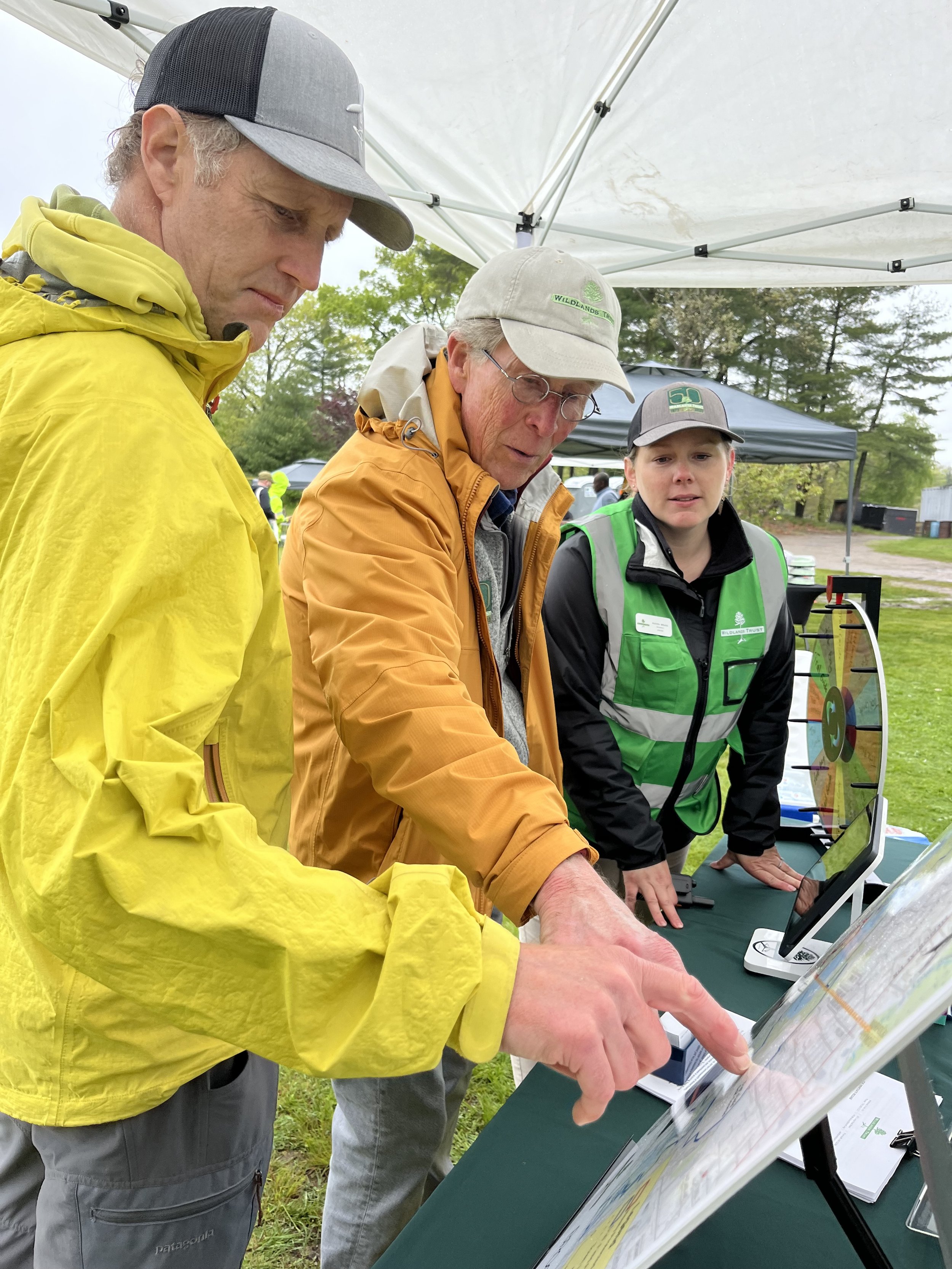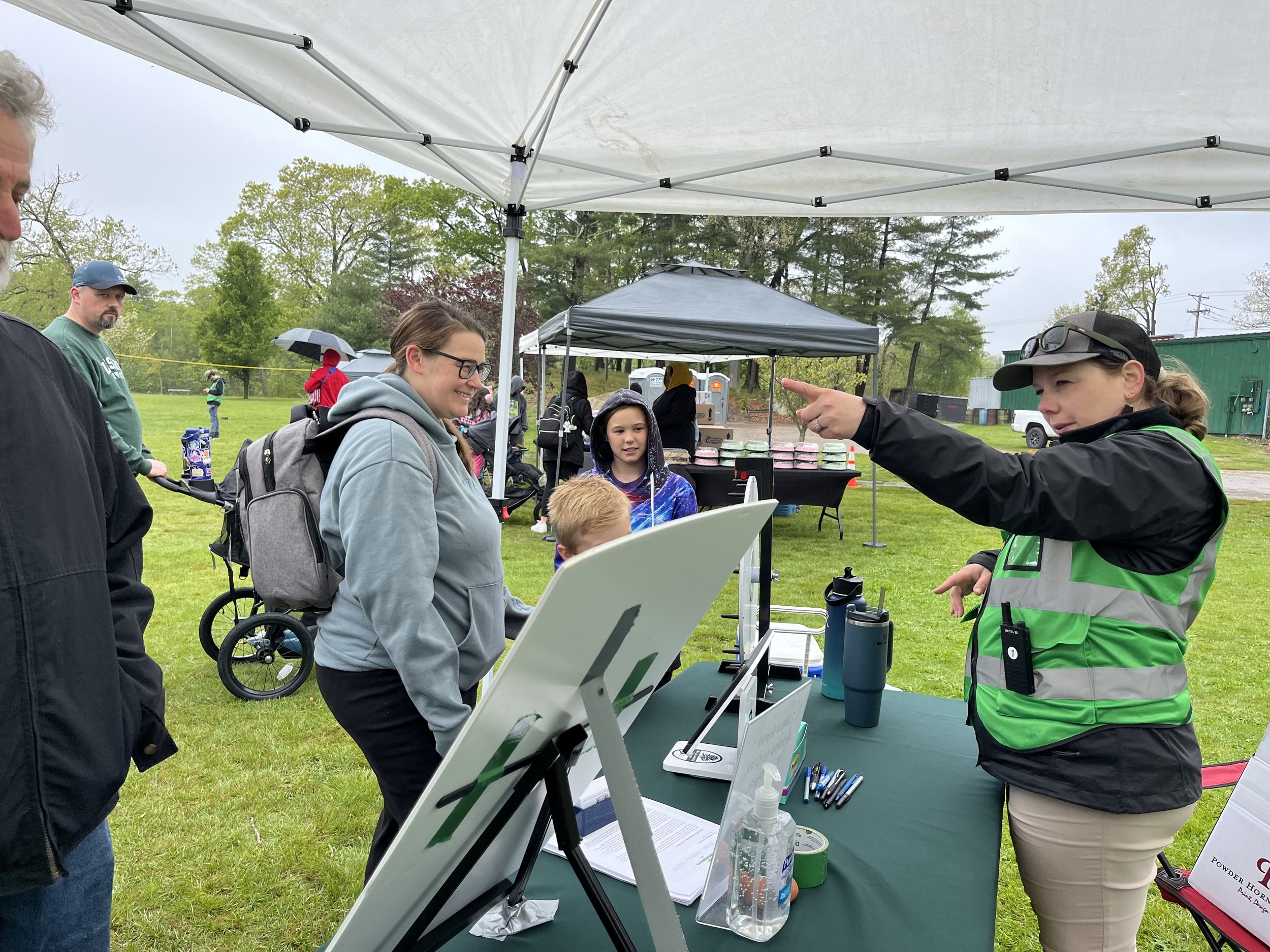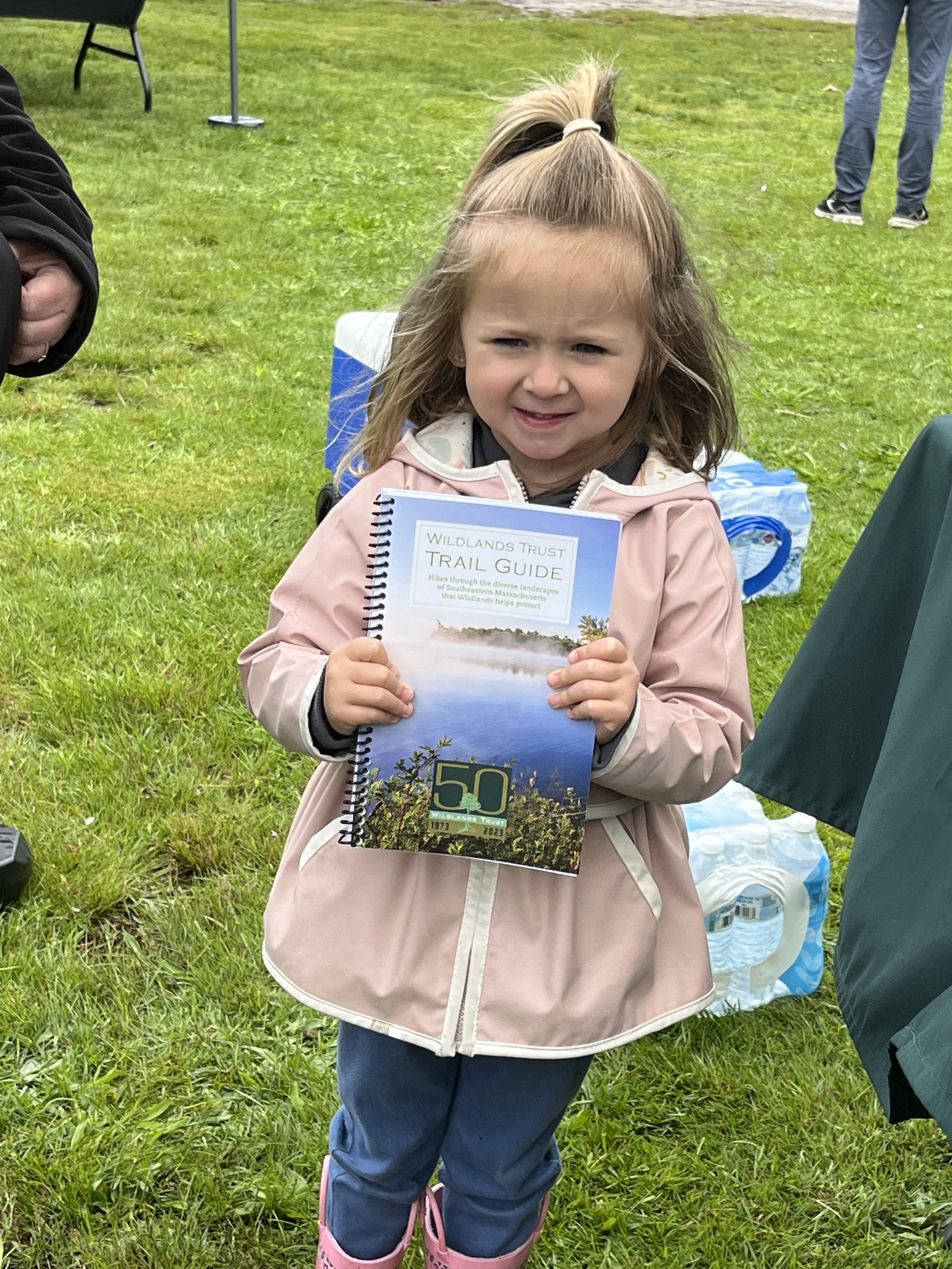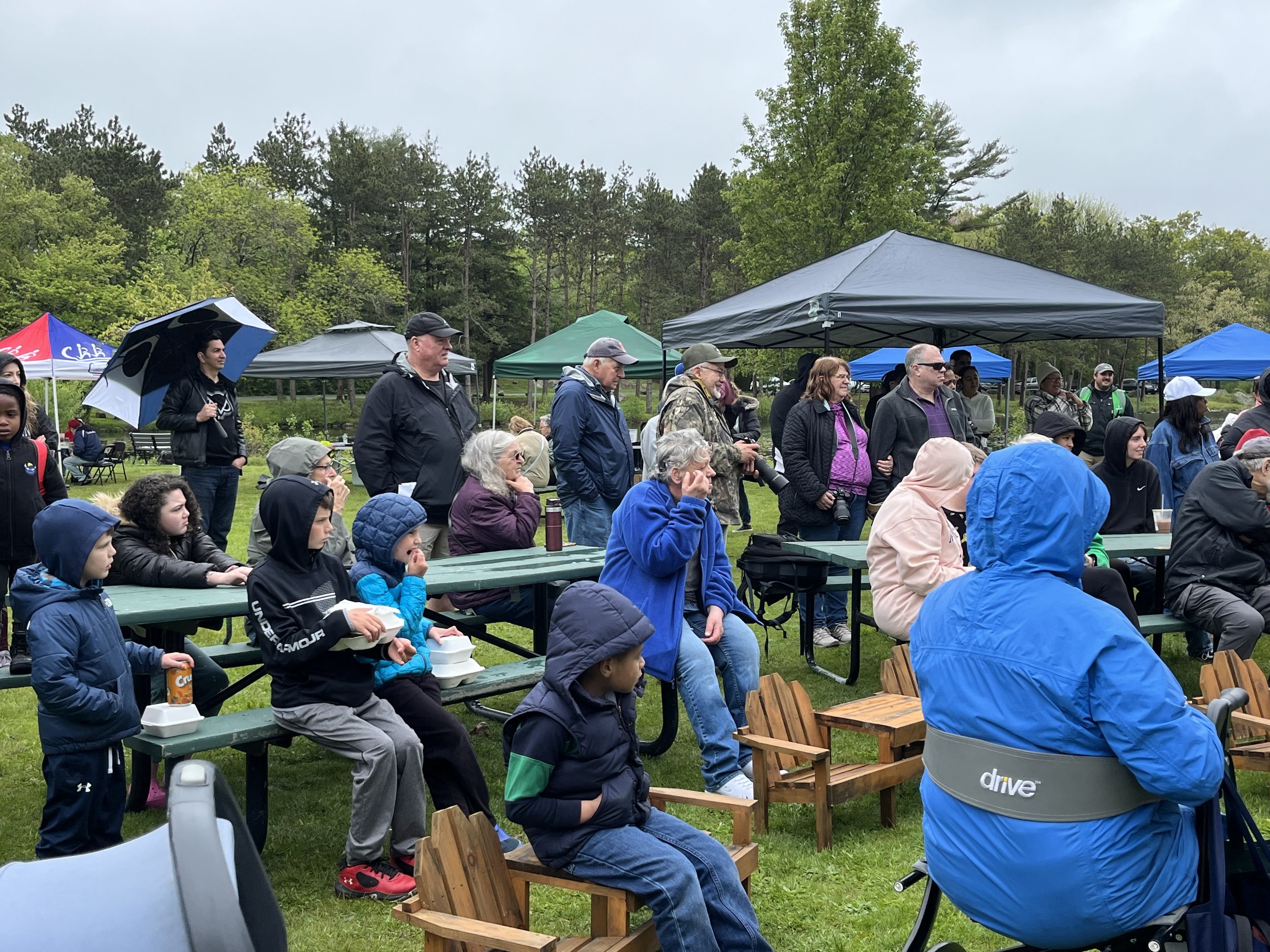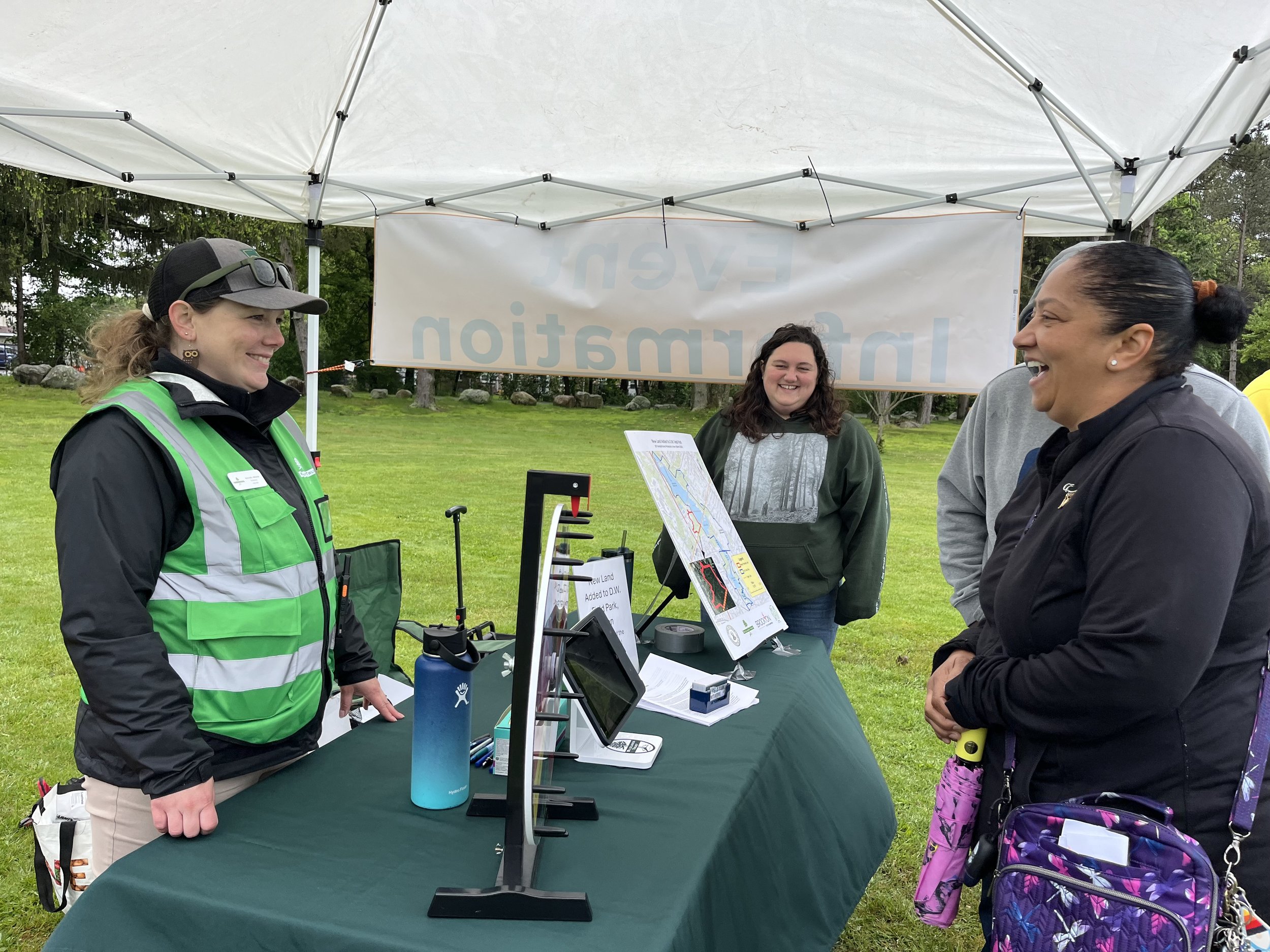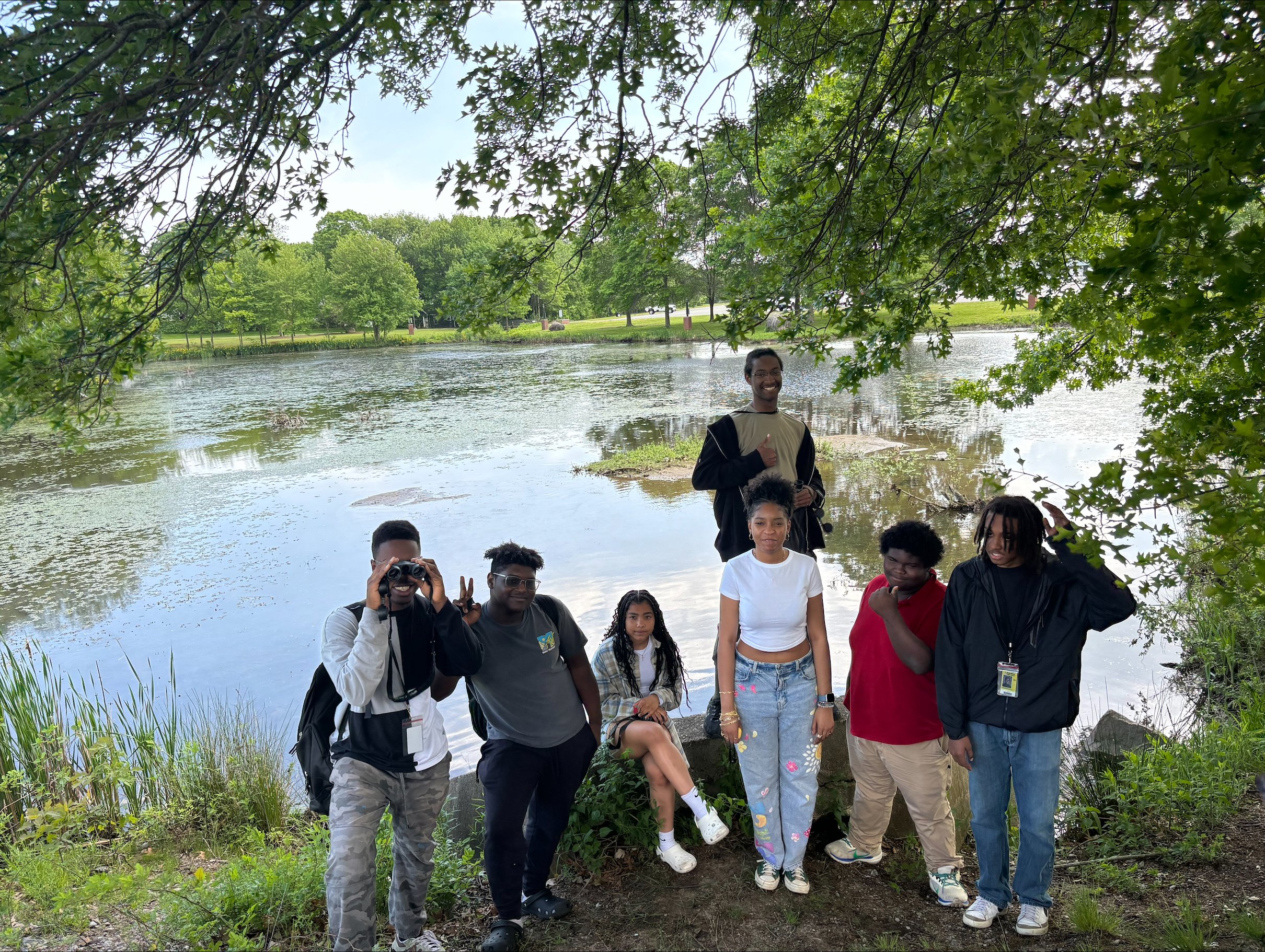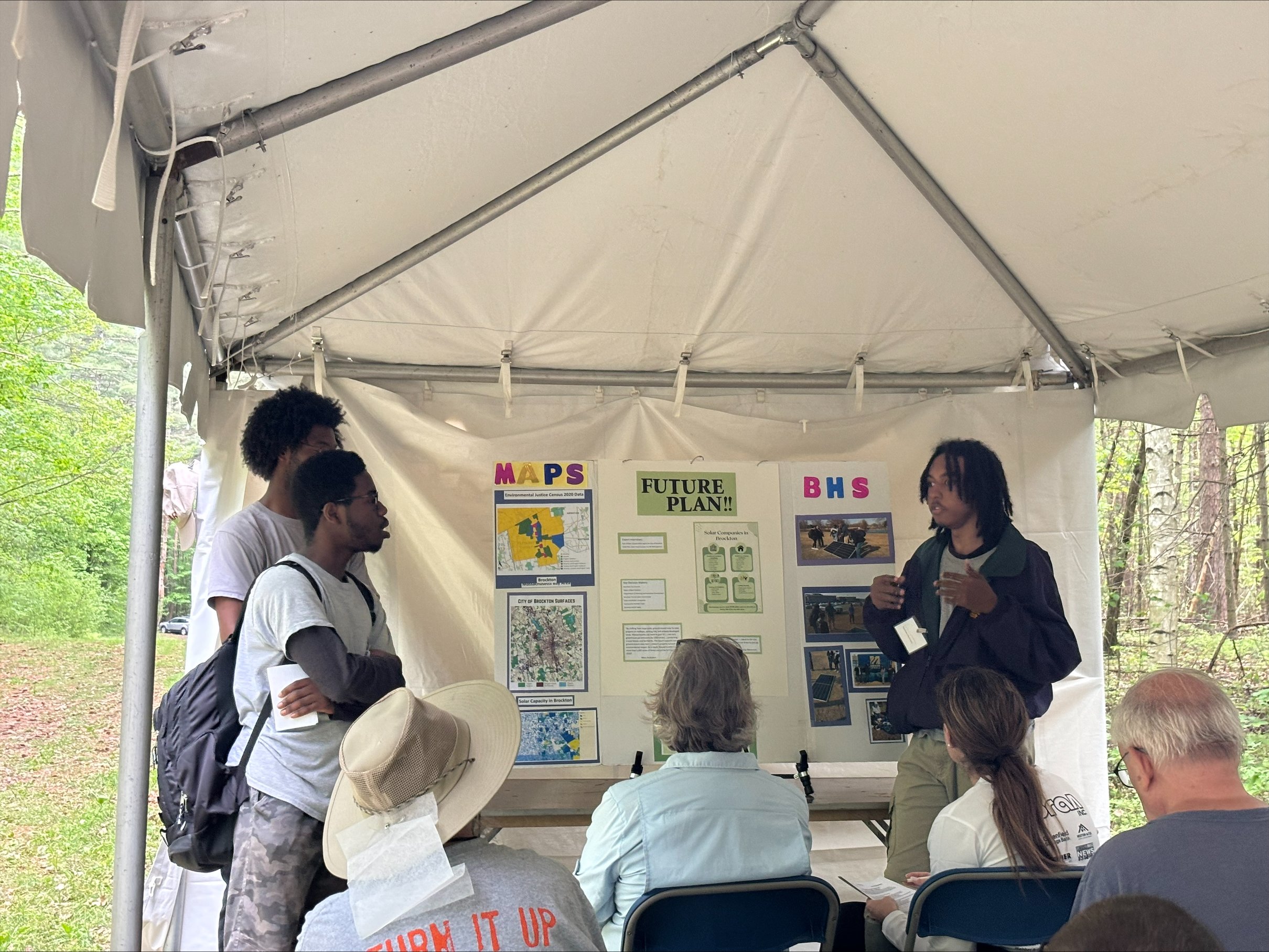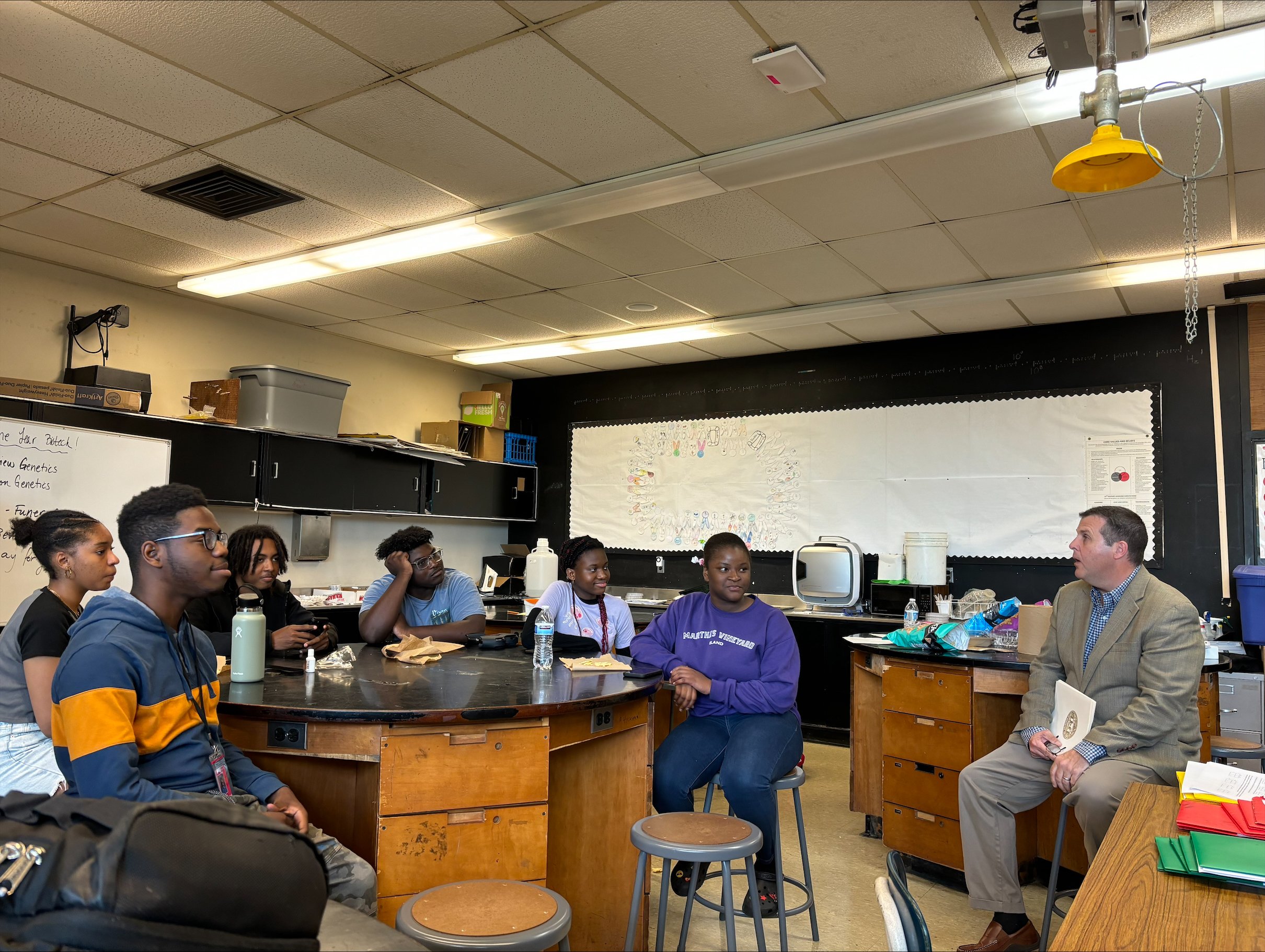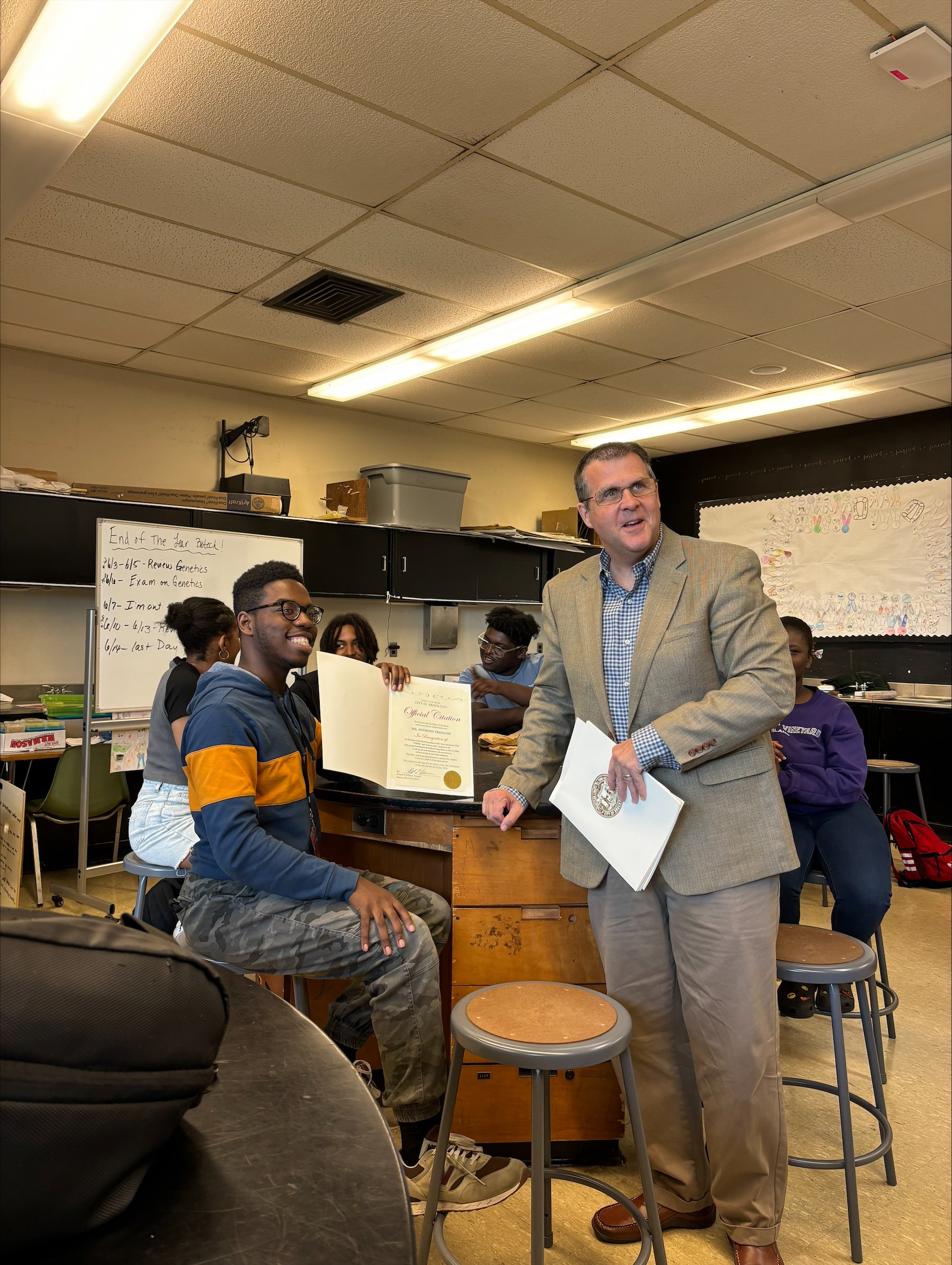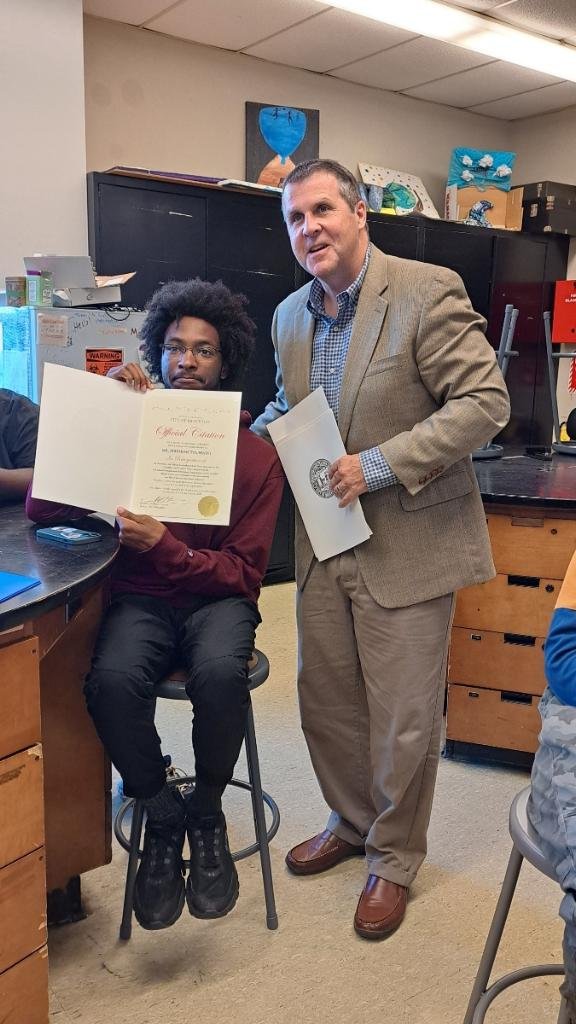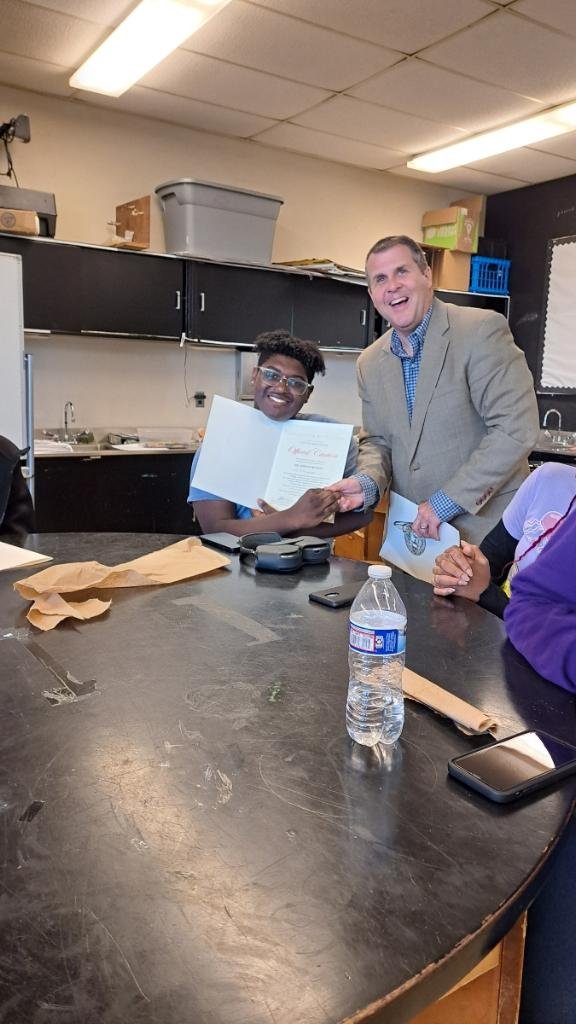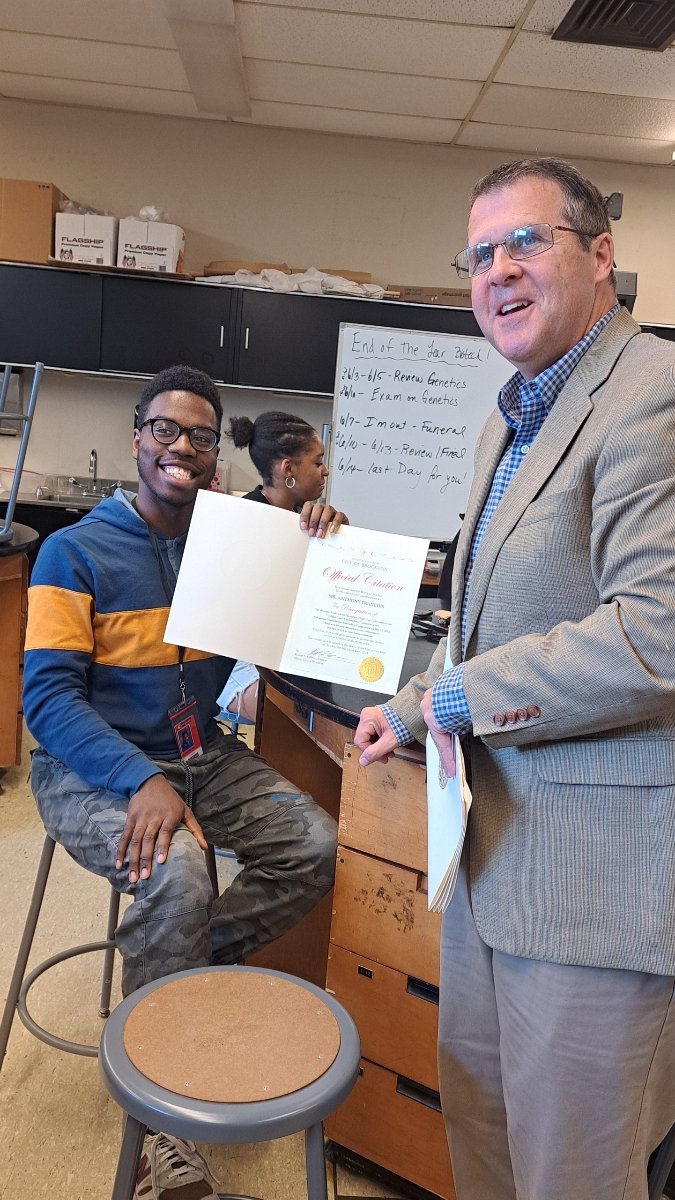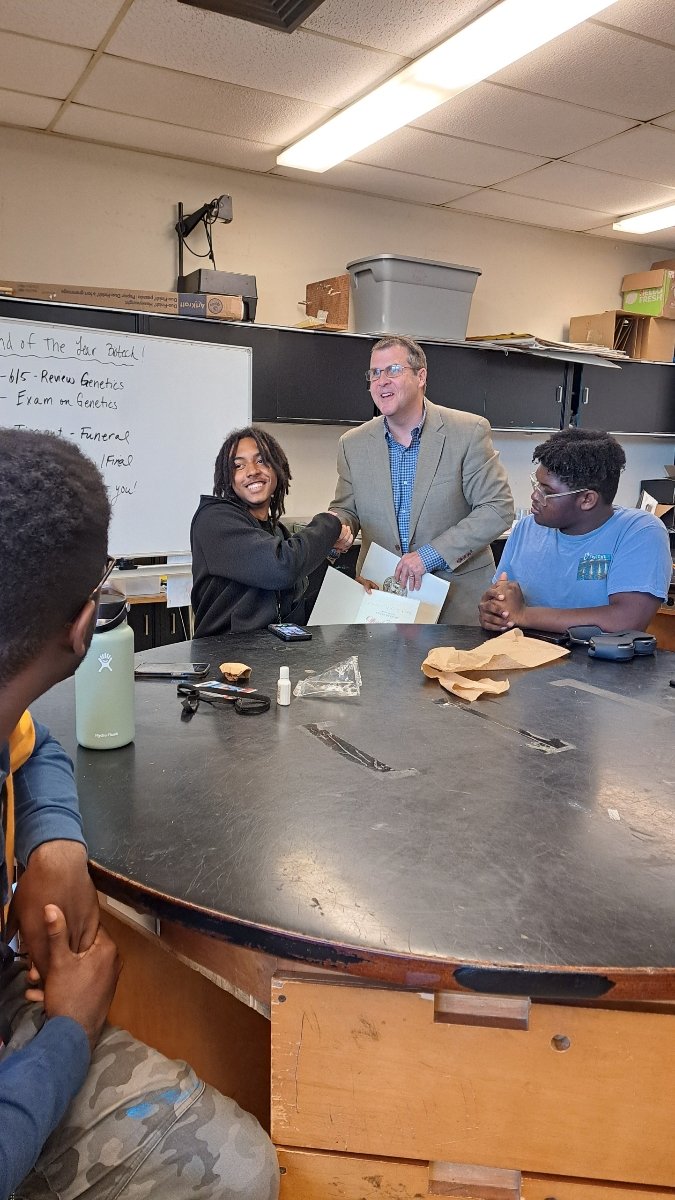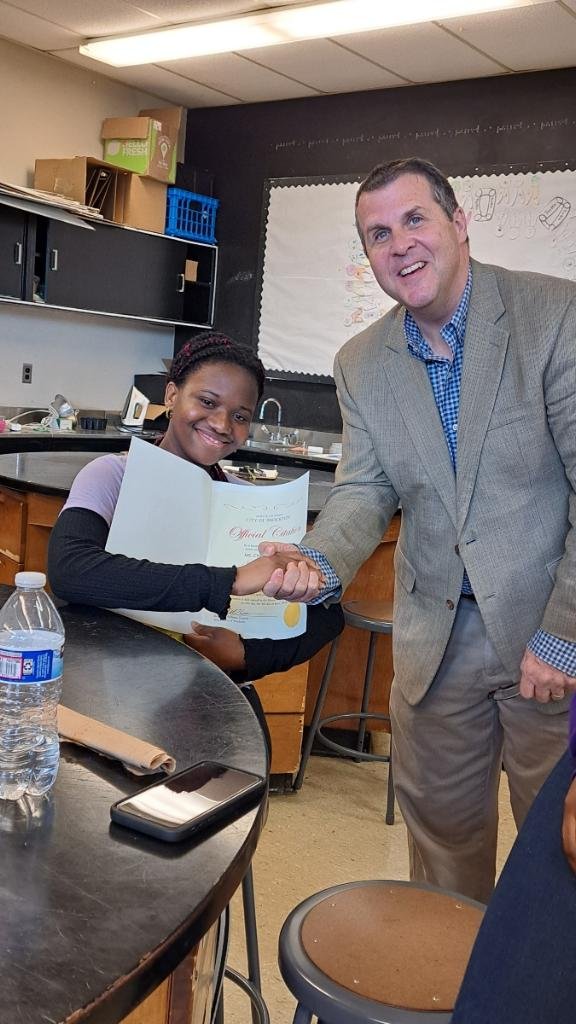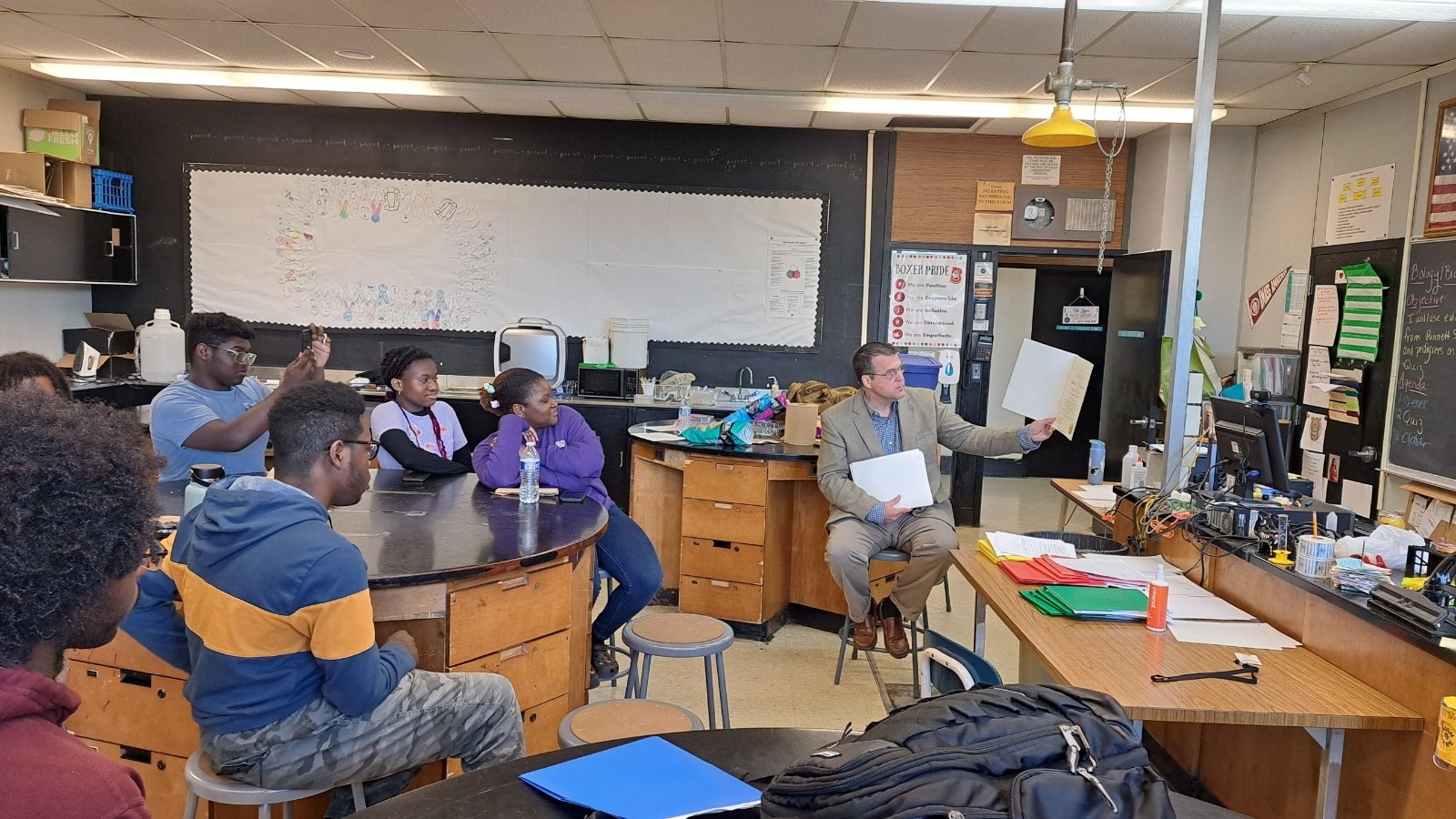On Saturday, June 8, Wildlands closed out our 50th anniversary year the same way we started it—in deep gratitude for the people who support our work.
Our Spring Open House drew almost 150 friends and neighbors to our headquarters at Davis-Douglas Farm. Farm-to-table Brazilian food from Gnarly Vines Farm, local beer and kombucha from IndieFerm Brewing, live music by the Butch McCarthy and Bob Calderara Duo, guided hikes at Emery Preserve, and kids’ nature crafts were among the highlights of this public celebration of springtime in Southeastern Massachusetts, and of the conservation lands and leaders that make our region special.
“It is always a special time when we can bring new and longtime members of the Wildlands community together,” said Programming Coordinator Max Phelps. “Our Open House was a big success, thanks in large part to our wonderful volunteers, who safely parked cars and led two hikes in Emery Preserve.”
The event also featured 12 raffles featuring prizes generously donated by farms and retailers across the region. We debuted our grand prize of a Current Designs Solara 100 kayak, courtesy of Billingston Sea Kayak and the Friends of IndieFerm. Kayak raffle entries will be accepted until the drawing on August 9. All raffle proceeds directly support our restoration campaign at Willow Brook Farm.
While most of the fun took place outside on this sunny spring day, inside the Conservation Barn lay our “50 Remarkable Years, 50 Remarkable People” photo gallery, featuring the faces and stories of some of the key contributors to our mission over the last half-century. Set apart from the rest of the honorees and adorned with flowers was the display of Malcolm MacGregor, our longtime “Trail Guy” who passed away last month. Visitors seized the opportunity to write their fond memories of Malcolm on a poster to be presented to his family.
On behalf of the Wildlands community, thank you for making this celebration—and our entire 50th anniversary year—a moment we will never forget. We cannot wait for the next 50 years, turning your continued support into more of the places you love.
Click through the gallery below for photos from our Spring Open House.


